If common sense tells us one thing, science another, and rational reflection, philosophy, disagrees with both, what are we to do? If reason leads us to believe that all of reality is one great whole, with no parts, can we accept its conclusion? Michael Della Rocca, Tim Maudlin and Kathleen Higgins test the limits of philosophy at HowTheLightGetsIn.
“I will teach you differences.” Ludwig Wittgenstein, Philosophical Investigations
What if someone told you that the world you see around you isn’t real? That the commotion and the change, the multiplicity of people and nations, breaking news and TikTok videos were all an illusion because, ultimately, change itself is not real and everything is one? You’d likely think the person relaying this story had a mystical experience of some kind, induced by a heroic dose of a potent psychedelic drug. But back in Ancient Greece, a philosopher called Parmenides argued that this is simply the rational conclusion of careful thought.
SUGGESTED VIEWING The reality beyond spacetime With Donald Hoffman
This way of philosophizing, using reason alone to reach conclusions about the ultimate nature of reality, was all the rage during the 16th and 17th centuries in Europe. Indeed Spinoza, one of the main representatives of what we have come to call the rationalist movement in modern philosophy, came to a similar conclusion with Parmenides: reality is one, undifferentiated whole.
___
What happens when common sense and science contradict each other? Or when our scientific theories themselves lead to paradoxes? Can philosophy help us out? Or does reason itself lead us into a dead end?
___
Most philosophers today have little time for all this; empiricism, the other major stream of modern philosophy, represented by the likes of Locke and Hume, won out. Contemporary empiricism often goes hand in hand with scientism – the belief that science is our best guide to truth, and that if we were to philosophize about the ultimate features of reality, we better start there. On top of that, influential contemporary philosophers like Tim Williamson see common sense as something we ought to test crazy-sounding philosophical ideas against. Parmenides and Spinoza clearly fail that test, as do many other great philosophers. But what happens when common sense and science contradict each other? Or when our scientific theories themselves lead to paradoxes? Can philosophy help us out? Or does reason itself lead us into a dead end?









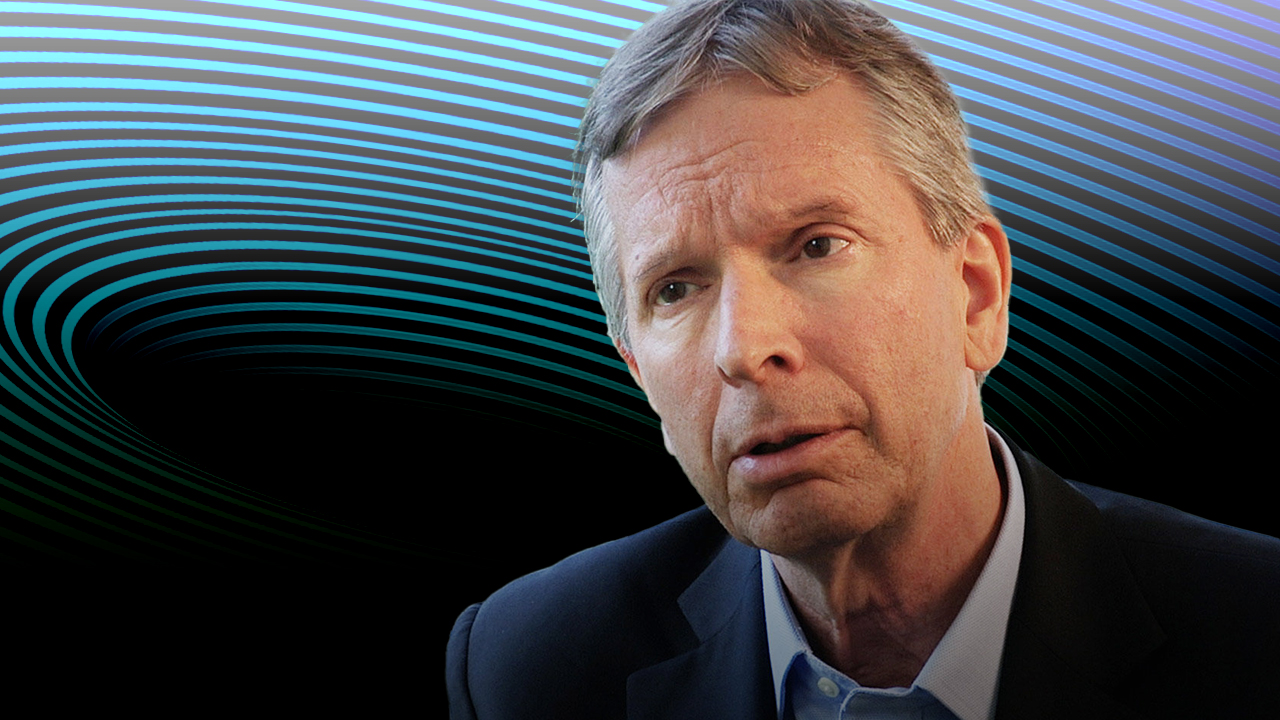







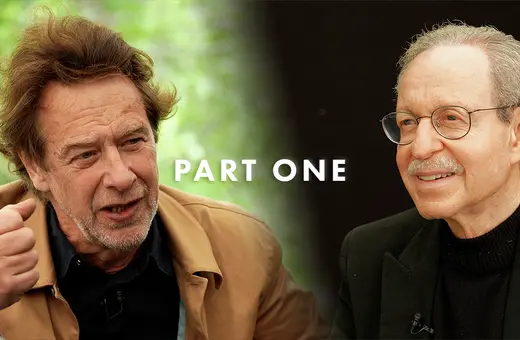
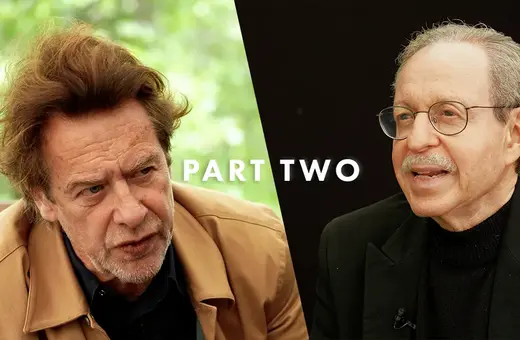
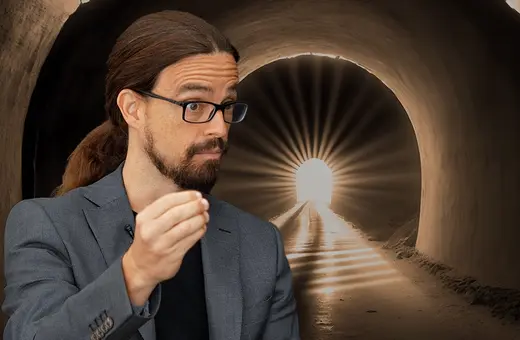

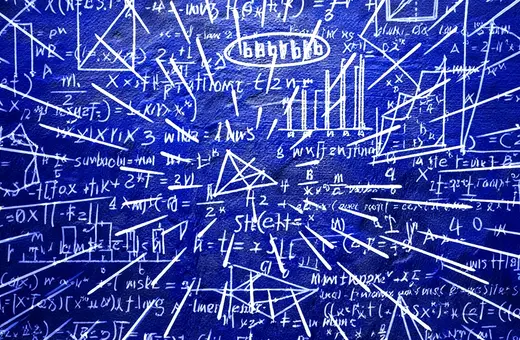
Join the conversation